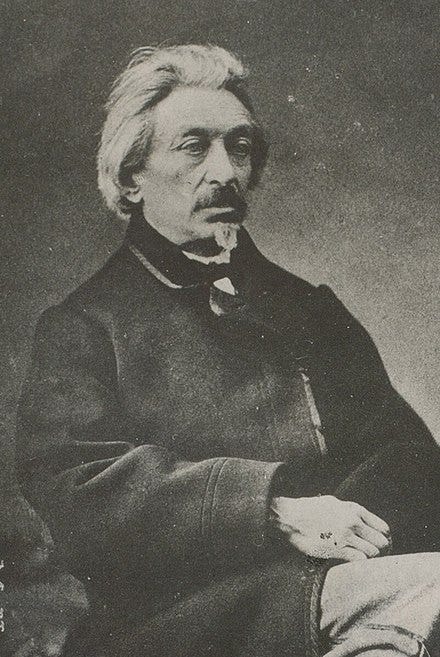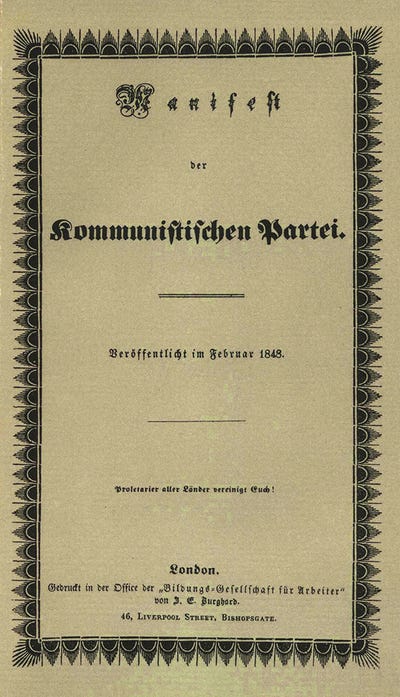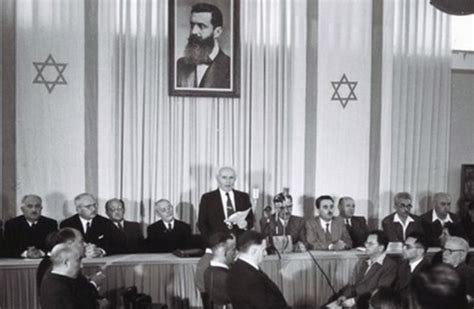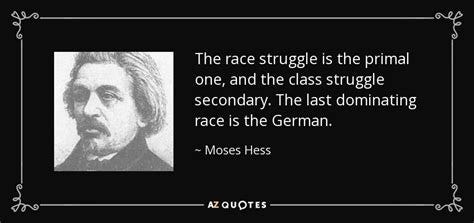Moses Hess, a name not often in the limelight of historical discussions, was an individual whose life and ideas spanned a diverse spectrum of ideologies and beliefs. In this essay, we will explore the multifaceted nature of Moses Hess by examining the good, the bad, and the ugly aspects of his contributions to philosophy and political thought.
The Good: A Visionary in Socialism
Moses Hess is celebrated for his pivotal role as a visionary thinker in the world of socialist ideas. Among the early pioneers who laid the foundation for socialist thought, his work, "The Communist Manifesto," co-authored with Karl Marx and Friedrich Engels, played a significant role in shaping history. This manifesto served as a clarion call for the working class to unite and overthrow the oppressive bourgeoisie, marking the inception of the modern socialist movement.
It's worth plunging deeper into the impact of "The Communist Manifesto" This document not only advocated for workers' rights but also influenced political revolutions and movements around the world.
The Bad: Controversial Racial Views
While Hess's contributions to socialism are widely acknowledged, his beliefs on race and ethnicity have sparked significant controversy. He held views that were tinged with ethnocentrism and even racial superiority. In his work "Rome and Jerusalem", he expressed a vision of Jewish nationalism, or Zionism, which would later become a fundamental element of modern Israel.
Hess's involvement in promoting Jewish nationalism, while significant for the establishment of Israel, also had an exclusionary aspect. His vision of a Jewish homeland in Palestine raised concerns about the displacement and dispossession of the Arab population. This aspect of his ideology can be seen as a dark underbelly of his vision, where the pursuit of one group's self-determination potentially came at the expense of another.
The Ugly: Anti-Semitic Accusations
One of the most controversial and unsavory aspects of Moses Hess's life is the accusation of anti-Semitism that has been directed at him. While he was a Jewish intellectual, some of his early works contain derogatory comments about Jews. This has led some to question whether his later turn towards Zionism was a form of self-redemption or a response to his own earlier biases.
For a deeper understanding of the historical context and the evolution of Moses Hess's beliefs, I encourage you to watch the following video, "The Holy History of Mankind (1837-1862)," which provides insights into the intellectual milieu of the time and the factors that influenced Hess's transformation.
Hess's writings in his younger years contained derogatory language about Jews, which is in stark contrast to his later advocacy for Jewish nationalism. It remains a contentious issue, with some seeing his transformation as genuine, while others view it with skepticism, questioning the motivations behind his shift in perspective.
Conclusion: A Complex Legacy
Moses Hess's life and ideas form a complex tapestry that defies easy categorization. His contributions to socialism were undeniably significant, and he was a pioneer in advocating for a more just and equitable society. However, his involvement in the early Zionist movement and his controversial racial views have left a lasting debate about his legacy.
In assessing Moses Hess, it is important to recognize the multifaceted nature of his beliefs and actions. While his early biases and derogatory remarks about Jews are disturbing, his later embrace of Zionism and his contributions to socialist thought demonstrate that individuals can evolve and change over time.
In conclusion, Moses Hess was a figure whose life and ideas spanned a wide range of beliefs and actions. His legacy is marked by the good, the bad, and the ugly, serving as a reminder of the complexity of human thought and ideology. If you would like to explore further insights into Moses Hess's life and ideologies, I recommend reading Isaiah Berlin's 1957 Lucien Wolf Memorial Lecture, 'From Communism to Zionism: Moses Hess.' This lecture provides a valuable perspective on Hess's transformation from International Socialism to Zionism and is available in the Internet Archives.







